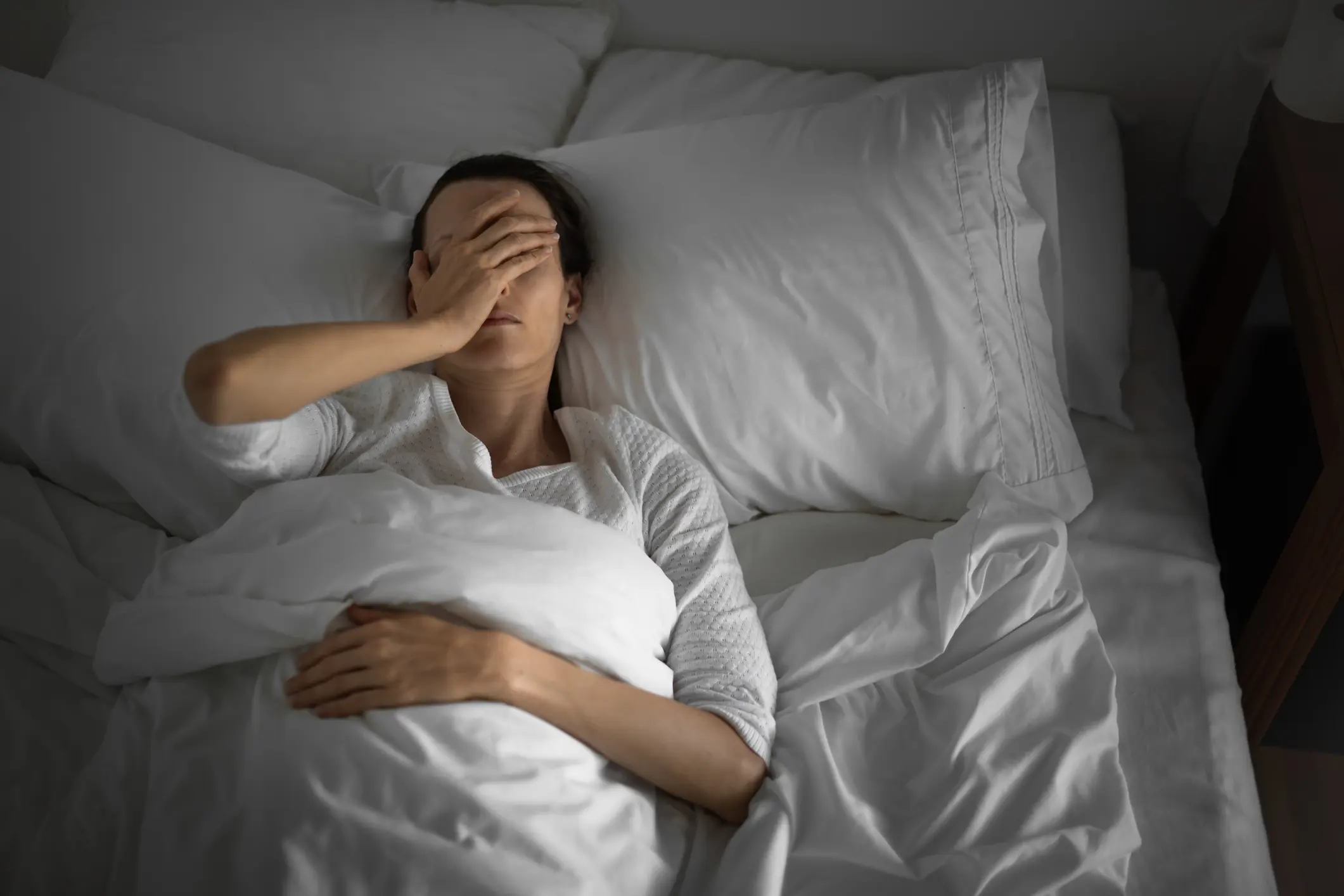
Published on Dec 15, 2022
Last modified on Dec 15, 2022
5 Ways The Menopause Conversation Evolved in 2022
4 min read
As the year comes to a close, we’re taking a step back to honor all the ways the menopause conversation has evolved over the past year. While there’s still more work to be done, BIG strides were made.
Here’s to continuing this important work in 2023, because we deserve better.
1. We now have more concrete stats and data around the very real impact of menopause on the workplace
Every day, over 50 million women are navigating menopause in the workforce. But how does menopause actually impact their professional lives?
To better understand the current experience of menopausal women at work, Elektra surveyed 2,000 professional women in the United States, age 40-55, including managers, directors, and C-suite executives.
Here’s what we found:
- 1 in 3 women report menopause negatively impacts work performance
- 87% of women reported experiencing at least one menopause symptom in the workplace
- 20% of women have left or considered leaving their jobs due to menopause symptoms
- 18% of women have not pursued a promotion because of menopause symptoms
- 44% of women feel they do not receive enough menopause support from their employers
READ MORE: Elektra Health’s Annual Menopause in the Workplace Report (2022)
2. Which has encouraged powerful women across industries, organizations, and disciplines to come together as a community to affect meaningful change
This past October, we hosted a dinner in New York City with leaders from some of the largest organizations who have potential to create change in the women’s health space. The goal? Further spark the flames of a growing movement to change the conversation around how we support women and women’s health in the workplace.
Our attendees included leaders from AllWays Health Partners, Reddit, EmblemHealth, Luminary, Guardian Life, OURA, J.P. Morgan, NewYork-Presbyterian Hospital, and Estée Lauder, with two esteemed speakers: Lisa Cabarcos (Ernst & Young) and Pamela Hutchinson (Global Head of Diversity & Inclusion at Bloomberg).
The result was powerful: Chief Marketing Officers, Chief Medical Officers, Global DEI Leaders, and Chief Operating Officers alike shared incredible stories about personal hormonal health journeys and committed to actionable ideas for navigating women’s health in the professional space.
READ MORE: We Gathered Female Leaders To Talk About Menopause In The Workplace. The Results Blew Us Away.
3. Health plans are stepping up to provide menopause benefits to their members
Special shout-out to our partners, Mass General Brigham Health Plan (formerly AllWays Health Partners) and EmblemHealth. These are leaders who go beyond the talking points to meaningfully invest in their communities – beneficiaries and employees – and make good on their commitments to inclusive support for women’s health and wellbeing across the lifespan. It is both the right thing to do, and the smart thing to do for population health.
READ MORE: Big News! We’ve Partnered With Mass General Brigham Health & Emblem Health
4. Celebrities and other public figures aren’t shying away from the “M word”
Over the past year, more and more celebs have spoken up and OUT about menopause and the impact it has on personal and professional lives, and we love. to. see. it.
- Helena Bonham Carter, the 56-year-old actress best known for her role in The Crown, opened up about what it was like to go through menopause at the same time her children were going through puberty.
- Michelle Obama opened up about her experience on HRT, the “creep” of weight gain, and giving up on “Michelle Obama arms.”
- Shout-out to Rod Stewart for opening up about supporting his wife’s struggle with menopause. About time more men educated themselves on something that affects 50% of the population, don’t ya think?
- Erykah Badu got *real* about menopause, shining a long-overdue spotlight on health disparities between Black and white women.
- Excuse us while we fangirl over Judy Greer, who’s not hiding her age…or her Spanx. And who’s getting refreshingly honest about how perimenopause affected her self-esteem.
5. The world is waking up to the fact that menopause looks different for everyone
…starting with the very real fact that menopause is worse for women of color, especially when it comes to vasomotor symptoms (the technical term for hot flashes and night sweats). And there are concrete stats from an ongoing SWAN study to back it up:
- Black women experience menopause 8.5 months earlier than white women
- Menopause symptoms last 3.5 years longer for Black women than white women
- Black women are more likely than white women to experience hot flashes 6 days a week or more
- Black women get 30 minutes less sleep than white women during menopause
- Black women are 50% less likely to use hormone replacement therapy (HRT) during menopause than white women
In addition to racial disparities, this experiences looks wildly different for those in surgically-induced menopause, as well as for transgender men.
We’re still in the nascent stages of awareness around these disparities but are determined to continue these important, taboo-smashing conversations into 2023.
Interested in joining forces with Elektra in 2023 to support menopause in the workplace?
We empower thousands of women with instant access to evidence-based education, care, and support in menopause and beyond.


